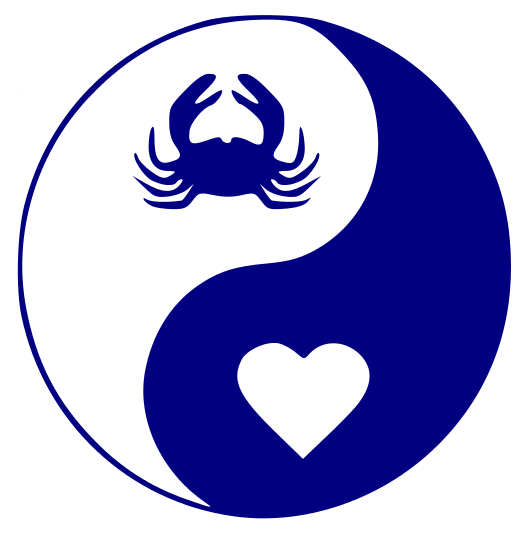In spite of the major progress in these last decades, cardiovascular and cancer remain the two leading cause of mortality worldwide. With the aging of the population, the incidence of both cancer and cardiac disease is constantly rising, and there are more and more patients with cardiac problems that also develop a cancer. In addition, with the increase in the life of cancer patients comes a higher incidence of cardiac complications. These issues of public health have been reinforcing the cooperation between oncologists with cardiologists, leading to the recent creation of the International Cardioncology Society, which is dedicated to the cardiovascular care of cancer patients. The ultimate objective of cardio-oncology is to exploit the benefits of modern cancer therapy by minimizing its adverse effects on the cardiovascular system.
Our lab is part of the European ERA-NET consortium Cardio-Oncology, which aims to develop novel approaches to detect and prevent the cardiac adverse effects of cancer treatments. The ultimate goal of the Cardio-Oncology consortium is to minimize adverse cardiotoxic effects of anticancer treatments, which will enable clinicians to fully exploit the benefits of modern cancer therapy.
Review and editorial of our team on this topic: Nebigil C.G., Désaubry L. Emergence of cardio-oncology. Ann Pharm Fr. 76 :504-506 (2018) & Nebigil C.G., Tounsi N., Fuhrmann G., Désaubry L. Quo Vadis, Cardio-Oncology ? Adv. Oncol. Res.Treatments. 1: 102-103 (2016).
Partners:
Canan Nebigil (Coordinator),CNRS, Université de Strasbourg,France
Igor Tetko, Helmholtz Zentrum München, Neuherberg, Germany
Daniela Cardinale, European Institute of Oncology, Milano, Italy
Michael Wing Yan Chann,National Chung Cheng University,Min-Hsiung Chia-Yi, Taiwan
Robert Passier,University of Twente, the Netherlands
Hassan Koyuncu, Nobel Pharma, Istanbul, Turkey
Related websites: the CardiOncology Society of North America, cardioonc.org.


